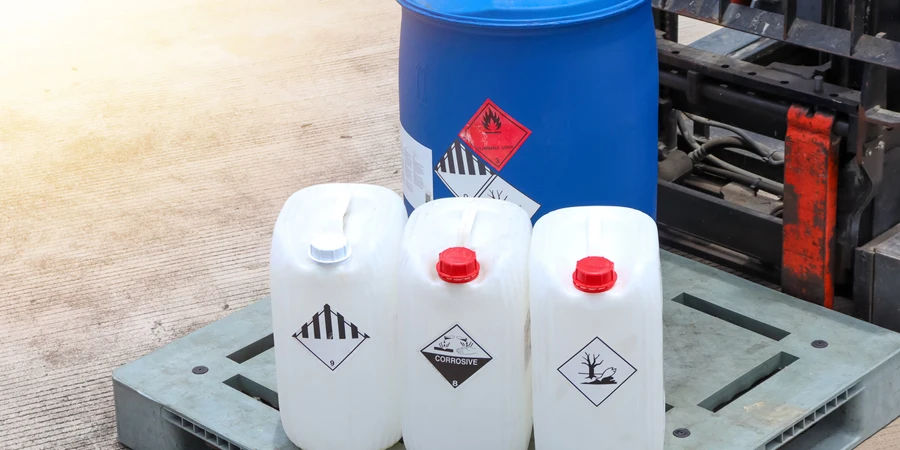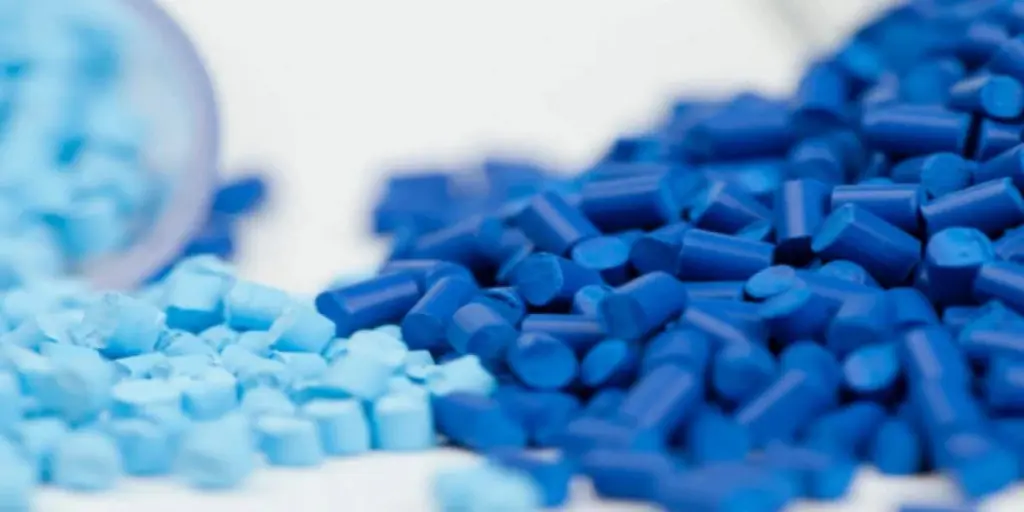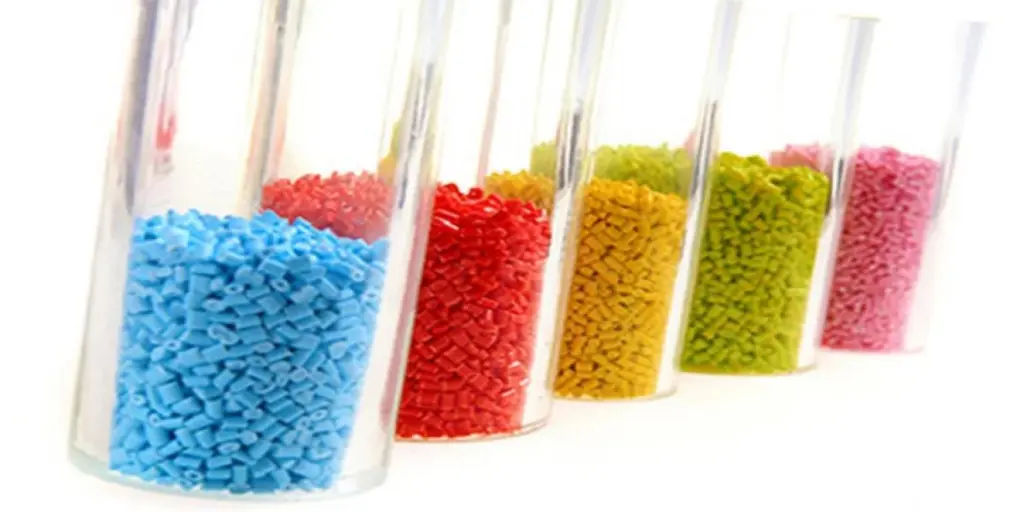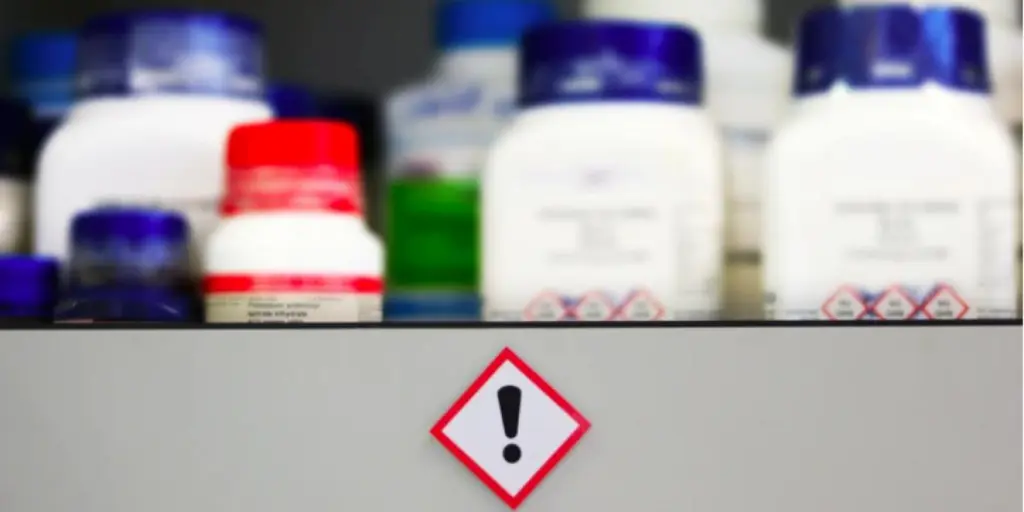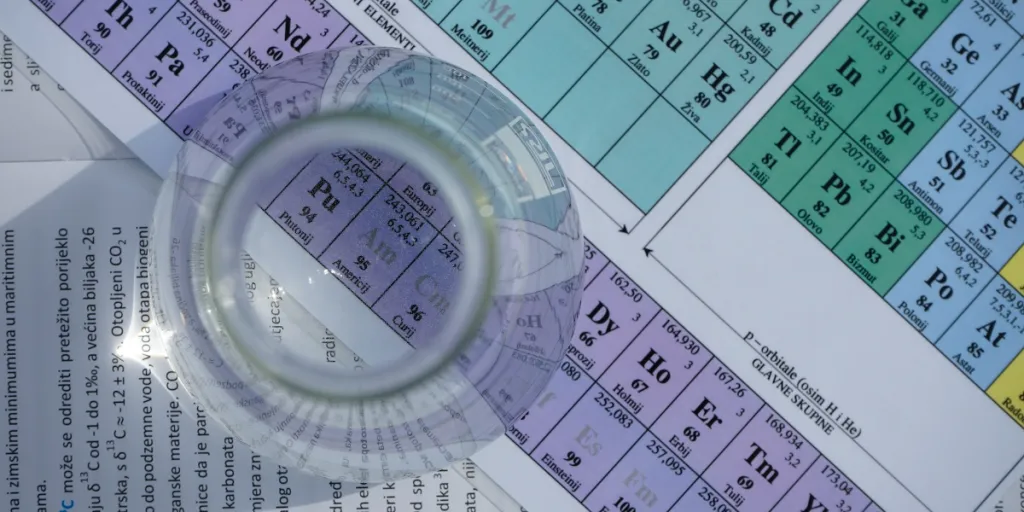UK Updates the Status of 90 Substances in the GB MCL List
HSE, the GB CLP Agency, is proposing to update the status of 90 substances in GB mandatory classification and labeling (GB MCL). It is scheduled to be effective in April 2024. These 90 substances are from the 14th and 15th ATP (Adaptation to Technical Progress, which was used to update the EU CLP Regulation) released by the European Commission. These two ATPs were published and came into force before the end of the transition period of Brexit and the HSE has already added these substances to the GB MCL list.

